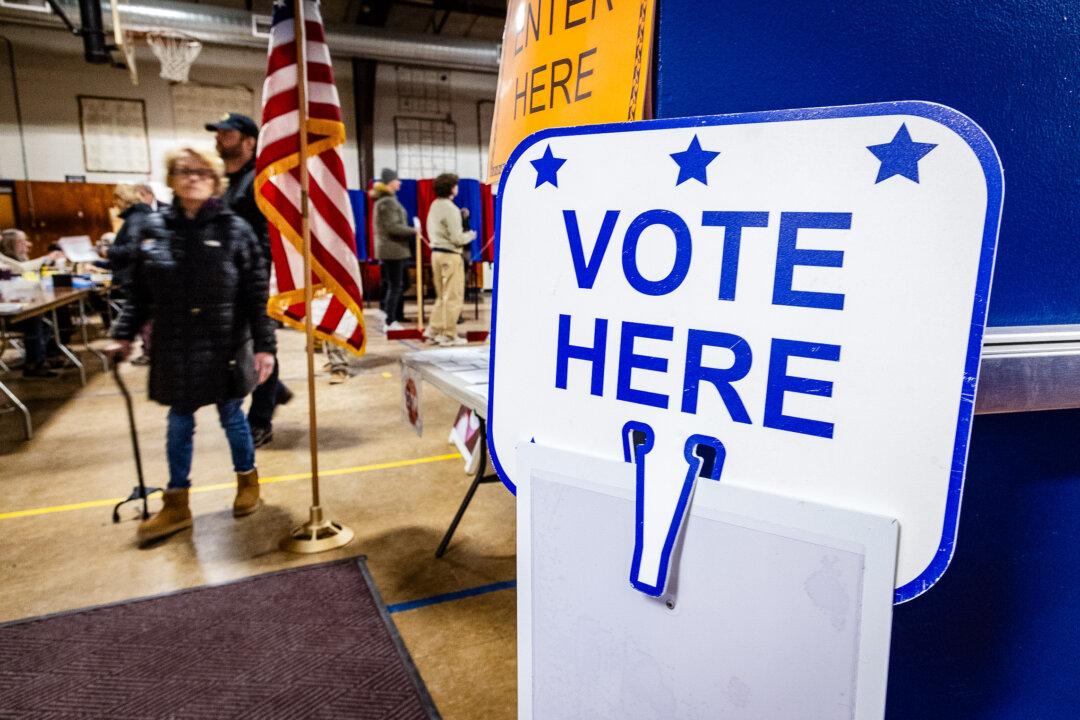In a comprehensive analysis, a non-partisan organization that monitors election integrity has laid out more than a dozen “critical reforms” that they assert U.S. states must implement before the 2024 election to “secure voter integrity.”
Jason Snead, Executive Director of Honest Elections Project (HEP), offered a statement about the report (pdf), released on Jan. 26, saying, “The Safeguarding Our Elections report provides a wide array of policy recommendations that would help secure elections, boost voter confidence in election outcomes, and increase voter participation.





